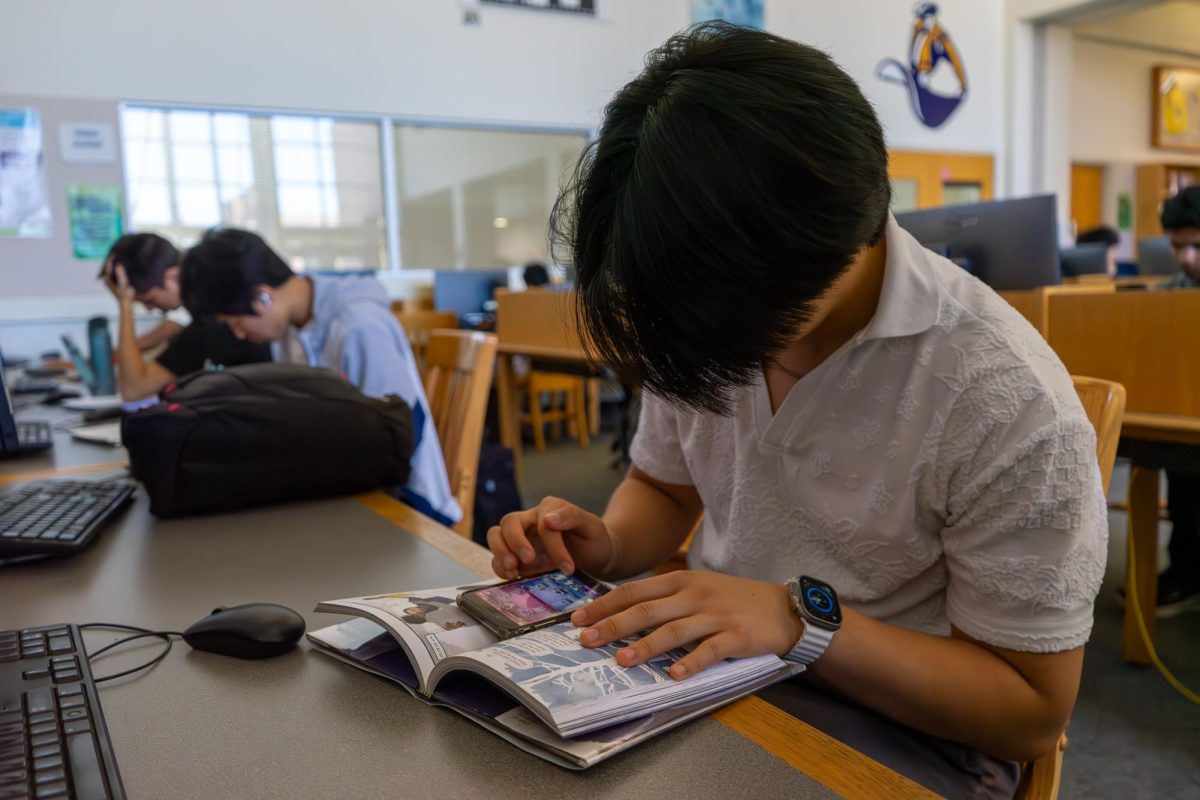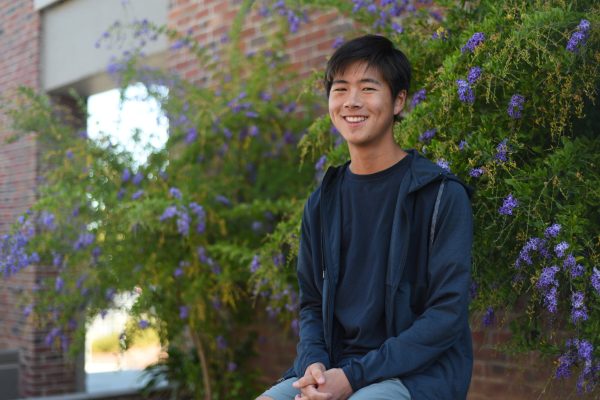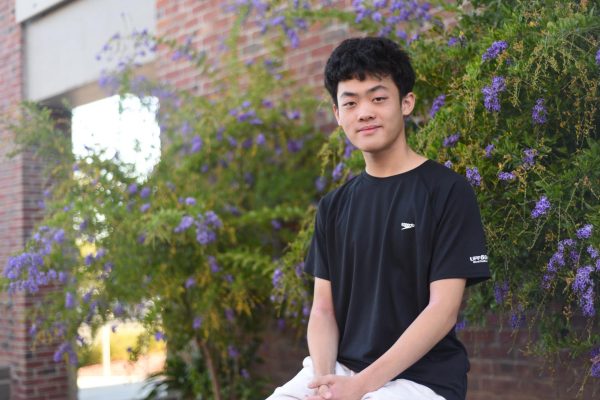On June 18, California Gov. Gavin Newsom proposed a total ban on cell phone usage in schools, following U.S. Surgeon General Vivek Murthy’s calls for warning labels on social media platforms for the risks they pose to adolescents’ mental health. Subsequently, Newsom sent a letter to California K-12 school districts on Aug. 13 encouraging them to restrict students’ cell phone usage as the 2024-2025 school year begins.
Some districts, such as the Los Angeles Unified School District, have heeded Newsom’s calls and are enforcing cell phone bans, mandating that phones be off and away at all times during the school day. Contrastingly, at FUHSD, phones are only required to be off and away during class, with the exception of cell phone usage for learning purposes with teacher approval. While policies differ between districts, freshman Noah Guan says many students do not fully comply with strong restrictions. He recalls seeing students at Kennedy Middle School use their devices despite the policy banning cell phone use.
“People do not comply with this policy, obviously, because they want to keep their phones when they have free time,” Guan said. “I really feel like that attitude is not conducive to a good learning environment. I think in this present age, people are more focused on instant gratification, so that’s what will probably drive them to make decisions and take priority over self-control.”
Echoing Guan’s experiences, Fremont High School Principal Bryan Emmert highlights cell phones as a leading cause for disciplinary action at FUHSD, noting that the district gives teachers the responsibility to set classroom policies. Despite these challenges with keeping cell phone use under control, FUHSD remains committed to technology through its 1:1 device program, which allows every student to bring a personal or school-provided laptop to school. Superintendent Graham Clark says the distinction between devices may not be significant.
“In my mind, is there a big difference between having it on your phone or on your computer? Probably not,” Clark said. “I think in elementary schools and schools that aren’t one-to-one, cell phones would be a bigger thing, but you need your tools in order to navigate class every day. It wouldn’t make sense to me to ban the phone if you have access to the computer that has the same stuff.”
However, Cupertino High School Principal Bill Schloss says many FUHSD staff share a concern about messaging apps and the distraction they may pose in class. He says school-issued Chromebooks block these apps to prevent distractions, but cell phones may still be used in the classroom depending on individual teacher policies. Junior Shiva Chaganti sees cell phone messaging at school but believes that it benefits individuals rather than being purely distracting.
“If we’re looking at strictly academic stuff, cell phones aren’t really necessary,” Chagnati said. “I see social culture as where the significance for cell phones rises quite a bit, like texting, Snapchat and Instagram. A lot of people use it to connect and that’s a good thing.”
Chagnati also highlights how cell phones help connect students to their parents during the school day. Not only can they be used to change afterschool arrangements, but during emergency situations, phones provide an efficient form of communication. For example, during the bomb threats MVHS received in Sept. 2022, messaging apps allowed students to let their families know they were safe, Chagnati says.
“Of course, the bomb threats then weren’t real,” Chagnati said. “But if they were real, those phones may have been the last chance for some of those kids to talk to their parents. Keeping in touch with family letting them know that you’re safe is a huge, huge thing, and I think that during emergencies, phones have been more useful than ever.”
The California Senate Education Committee has unanimously approved a bill to require school districts to limit or ban cell phones, setting the stage for more California schools to take action. As school districts like San Mateo Union High School District get creative by locking phones in magnetic pouches, districts will continue to adapt to how students use technology. For FUHSD, Emmert says the district has no plans to fully stop utilizing phones in the classroom.
“We live in an age where having access to technology is going to be important, and that’s why everyone has their Chromebook or their laptop in class,” Emmert said. “You’re probably not on that Chromebook every period and every minute of every period. Some teachers tell you to take it out or put it away. Phones can be used like that as well.”


















